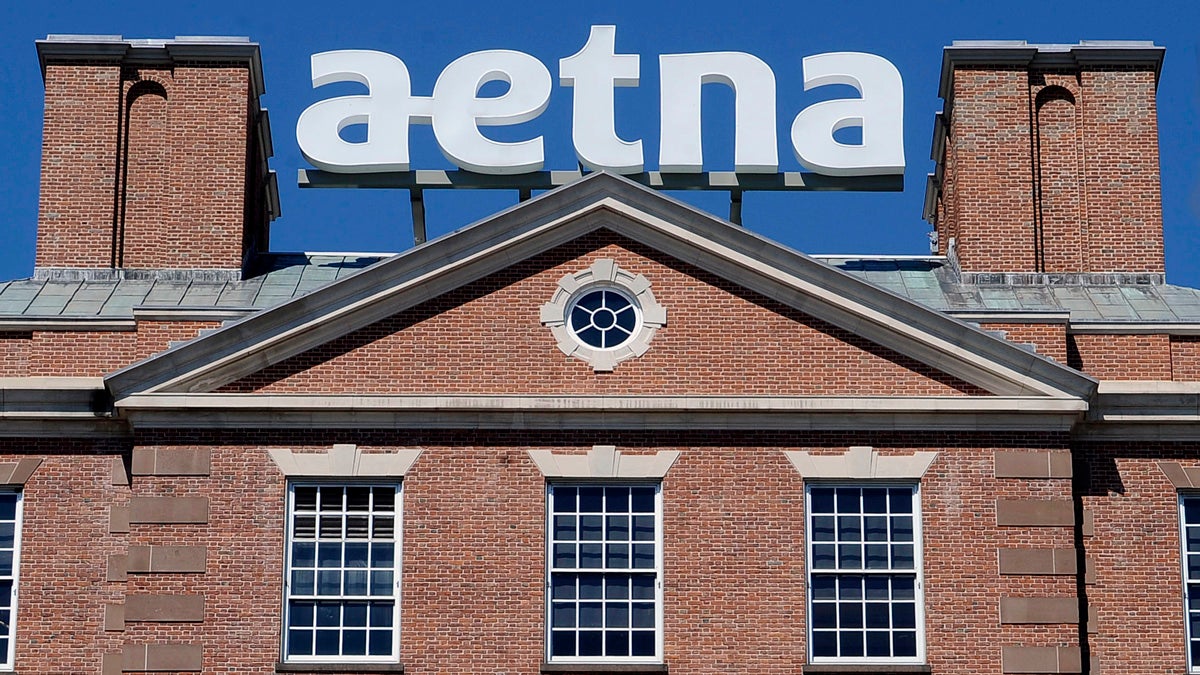Philadelphia consumers may not experience direct impact from huge Aetna-Humana merger

Aetna Inc. has a deal with Humana for a $34.1 billion merger. If approved, the sale would create the second largest insurer in the country. (AP file photo)
Last week, Aetna announced it had reached a deal to purchase Humana for $37 billion. If approved, it would create the second-largest insurer in the country, but the effect on Philadelphia consumers is expected to be minimal.
The concern from an antitrust perspective with any merger is whether it could lessen competition and in turn, harm consumers in the form of higher insurance prices.
“So the real key question is to what extent Aetna, Humana and any other firms merging are competing closely to each other in any of the given, relevant markets,” said Martin Gaynor, an economist at Carnegie Mellon and a former Federal Trade Commission official.
If merging companies do directly compete in any given market, the question becomes one of whether consumers would be protected.
“Relevant market” may refer to a specific insurance product, such as individual policies, small group or Medicaid managed care plans.
Humana has a strong footing in Medicare Advantage markets nationwide, but doesn’t have much of a presence in Philadelphia and South Jersey.
Meanwhile, Philadelphia has “a very idiosyncratic” health insurance market, according to Drexel health policy professor Robert Field.
One company, Independence Blue Cross, has dominated the overall local market for years.
“And it will probably continue to dominate it for years,” said Field. “So the other players, the Aetnas, Humanas and so forth, are not going to make much of a dent in that.”
Why?
“There’s a little bit of a chicken and egg problem that [big] insurers face,” said Robert Town, professor of health care management at the Wharton School. “They can’t get good provider rates — and that is going to have low costs — unless they have marketshare. And they can’t get marketshare unless they have low rates.”
That’s why historical plans maintain their position, Town said. They already have the ability to negotiate favorable terms with providers and pass that on to consumers. Town said other Blues dominate most of the local insurance markets across Pennsylvania.
The way big companies such as Aetna can compete is by offering nationwide products.
“So they can compete in selling to a Fortune 500 firm who needs to have insurance for employees nationwide,” said Town. “And that’s where they tend to focus.”
Meanwhile, other top insurers, including Anthem, Cigna and UnitedHealthGroup, have been the subject of merger talks.
The Aetna-Humana merger still needs government approval.
This disclosure: Independence Blue Cross supports WHYY.
WHYY is your source for fact-based, in-depth journalism and information. As a nonprofit organization, we rely on financial support from readers like you. Please give today.

